Molecular Diagnostics

Neurodevelopmental Disorders Diagnosed with RNA-Sequencing
Cornelia de Lange syndrome (CdLS) is a genetic disorder and people with this syndrome experience a range of physical, cognitive, and medical challenges ranging from mild to severe. The syndrome has a widely varied phenotype, meaning people with the syndrome have varied features and challenges. More...23 Jan 2020
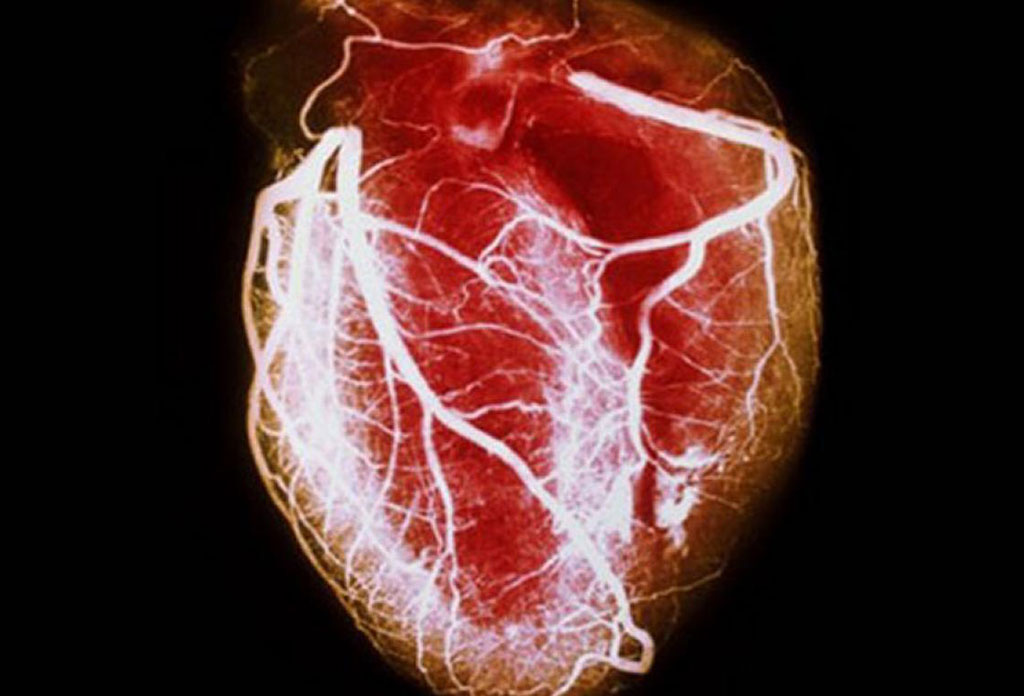
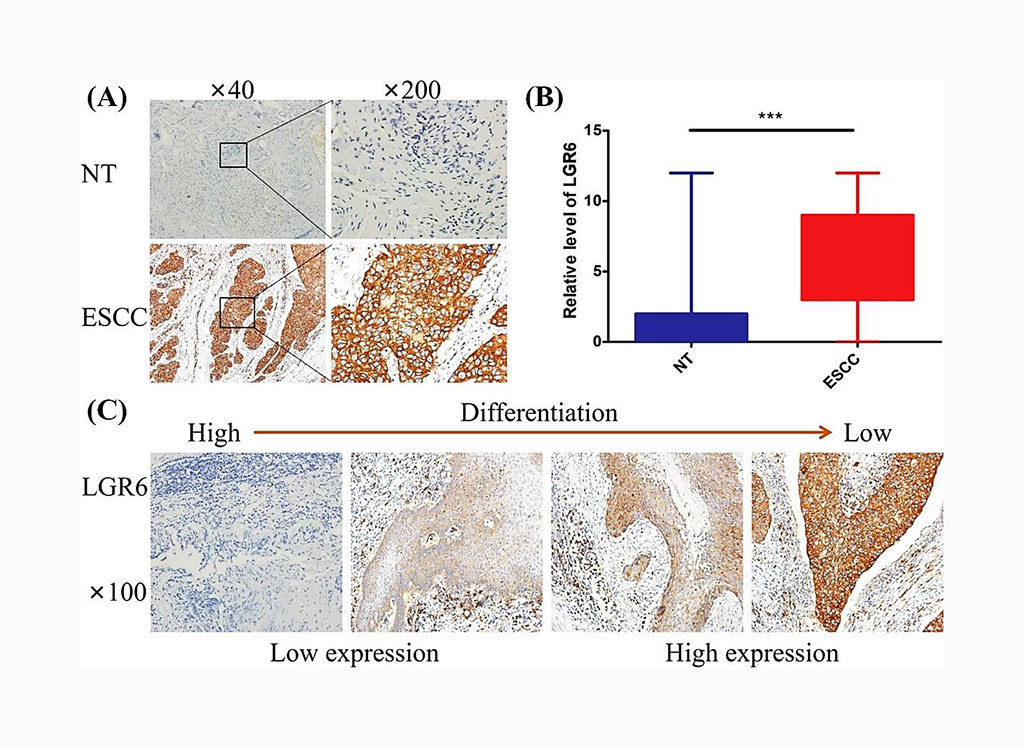
Diagnostic Biomarker Found for Esophageal Squamous Cell Carcinoma
Esophageal cancer is one of the most common malignant tumors in the world, and its incidence ranks seventh among those of all malignant tumors. Esophageal cancer can be divided into two pathological types: squamous cell carcinoma (SCC) and adenocarcinoma. More...22 Jan 2020
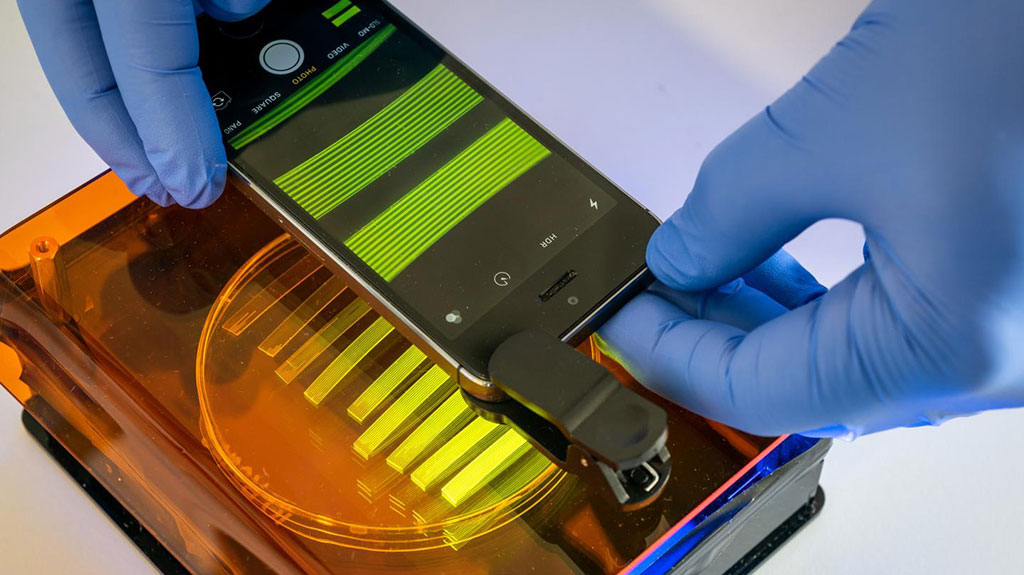
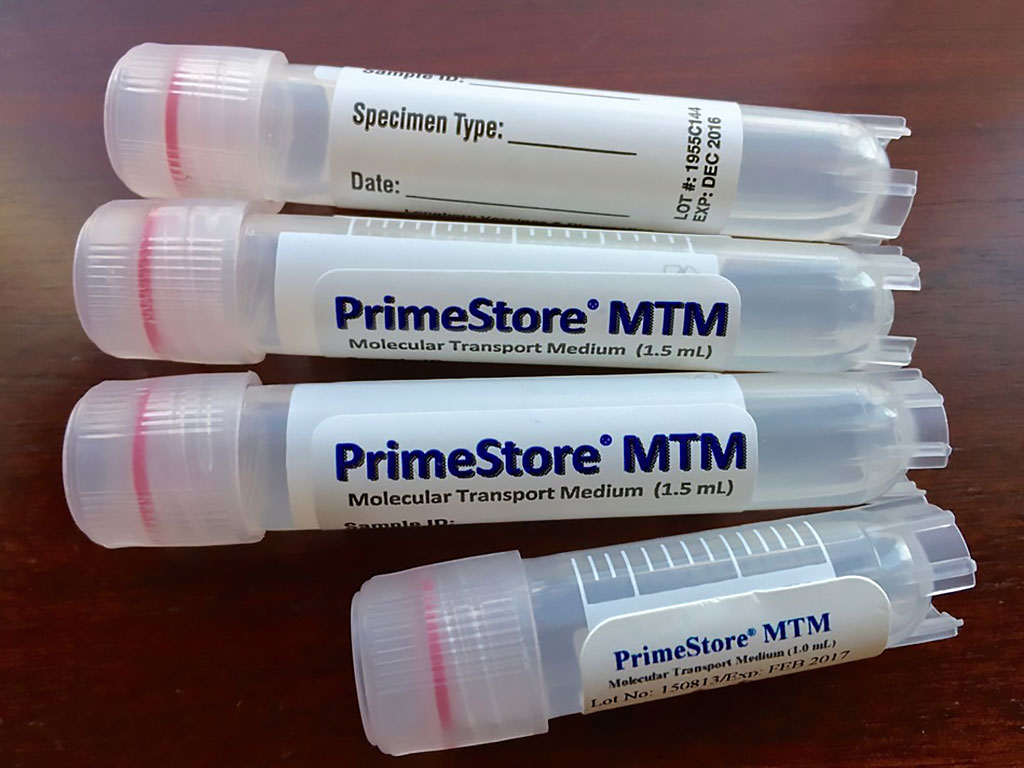
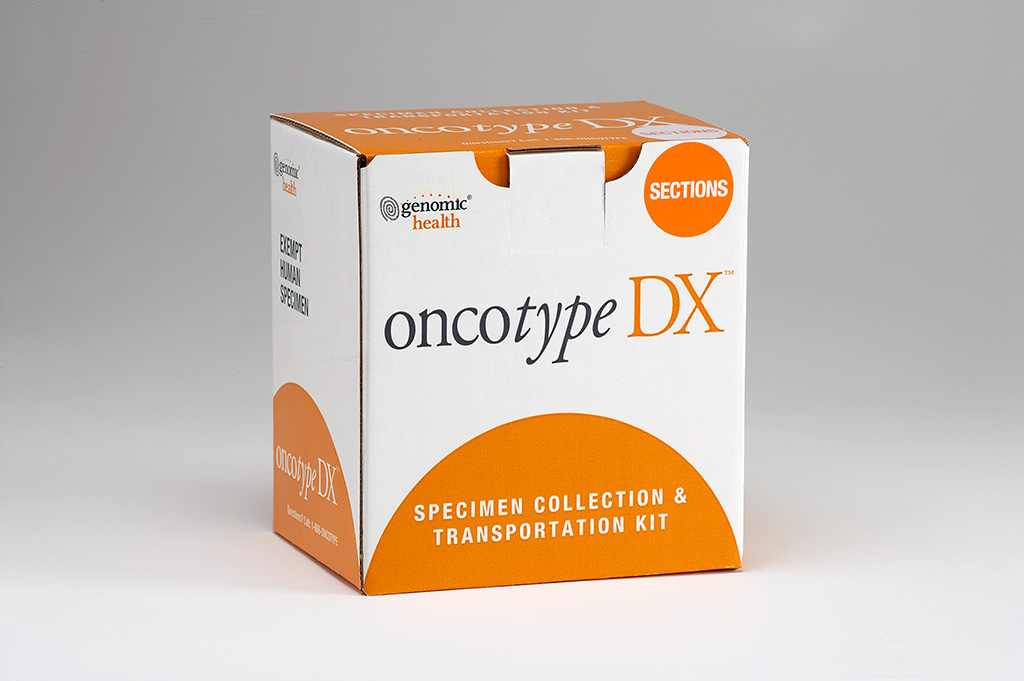
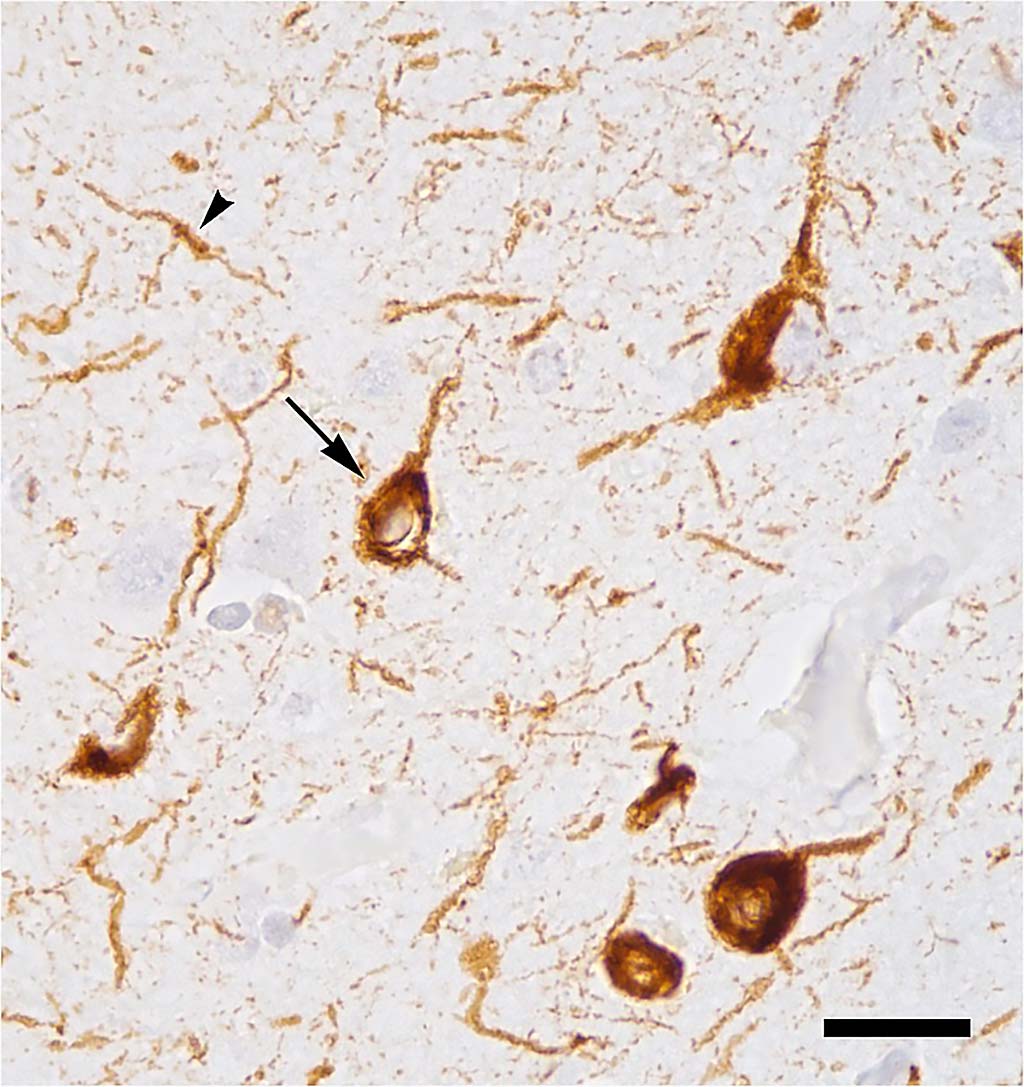
In Other News
Molecular Assays Developed for Hantavirus Pulmonary Syndrome
Dual Nucleic Acid Template Assay Developed for Cancer
Extrachromosomal Circular DNA Identified in Maternal Plasma
A Sweat-Based On-Site Immunoassay for Monitoring Marijuana Use
Tumor DNA Platform Classifies Colorectal Cancer
Biomarker-Based Blood Test Does Not Completely Replace CT Scan for Diagnosis of Elderly Concussion Patients
Multiplex Nested Polymerase Chain Reaction Developed for Congenital Infections
Biomarker Predicts Prognosis in Acute Myeloid Leukemia Patients
Large GWAS Study Finds DNA Variants Linked to Risk of Developing Breast Cancer
Peptide Biomarker Predicts Risk of Dying in Patients with Stable Heart Failure
Blood-Based Sequencing Identifies Pediatric Cancer Infections Before Symptoms
Molecular Profiles, Microenvironment Signatures May Improve Lymphoma Prognosis
Common Variant Modifiers for Syndromic Heart Condition Located
Urinary Cell-Free DNA Detects Urothelial Carcinoma
An Omics Approach for Predicting Mutations in Protein-Metal Binding Sites
Nanopore Sequencing Rapidly Diagnoses Gut Condition in Preterm Infants
Extrachromosomal Circular DNA Drives Oncogenic Genome Remodeling in Neuroblastoma
Liquid Biopsy Detects Breast Cancer Residual Disease
Standard Pathology Tests Outperform Molecular Subtyping in Bladder Cancer
Asthma Severity Linked to Microbiome of Upper Airway
Memory Loss in Alzheimer’s Disease Linked to Both Amyloid Plaques and Tau Tangles
Elevated Levels of Lipoprotein(a) Increase Cardiovascular Disease Risk in Patients with Type I Diabetes
Novel Liquid Biopsy Method for Detection of Cancer MicroRNA Biomarkers
Genetic Testing channel of LabMedica brings the latest in molecular genetics, cytogenetics, and epigenetics, and methods from PCR to FISH, and more.










